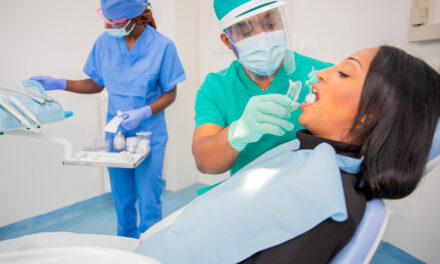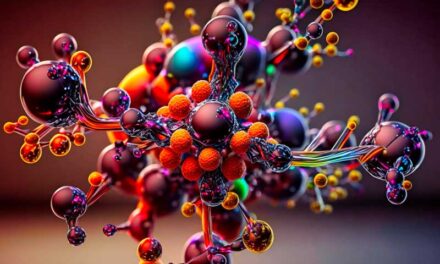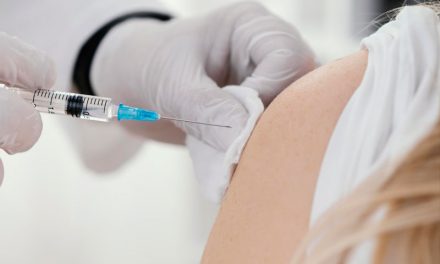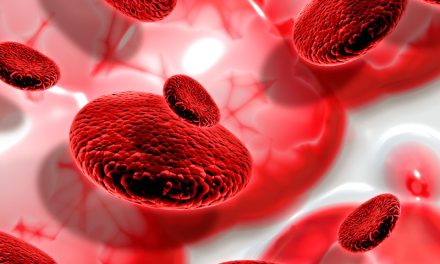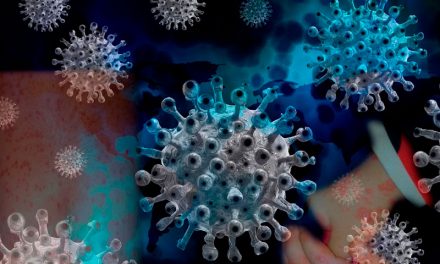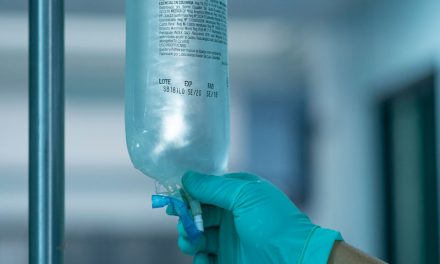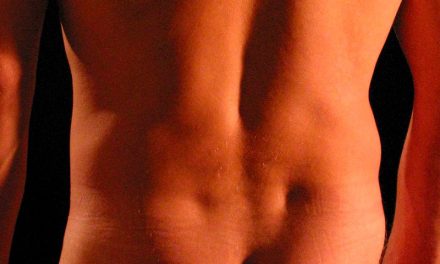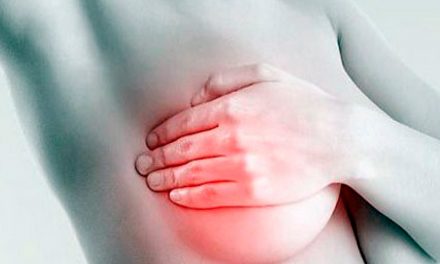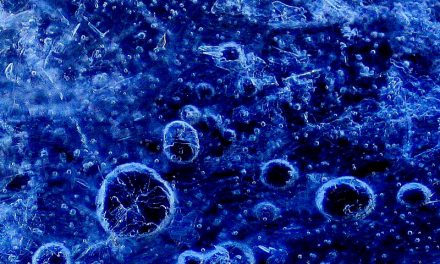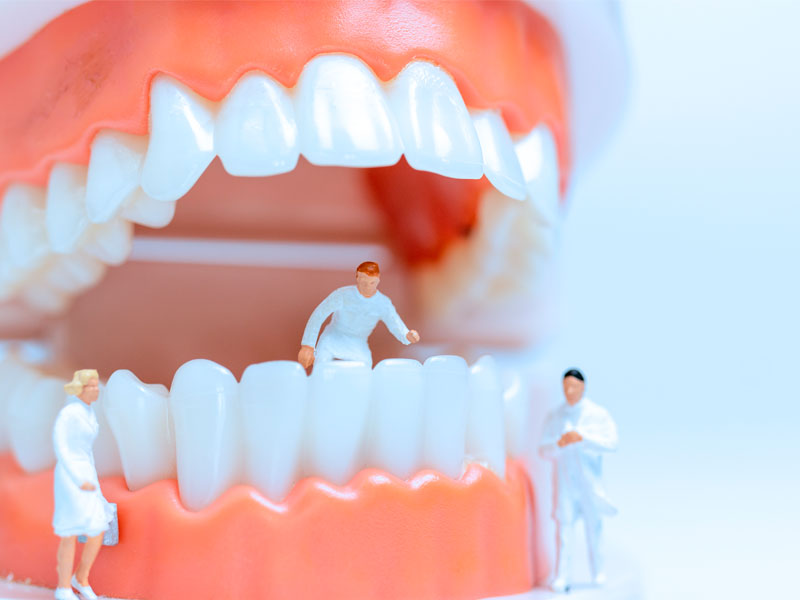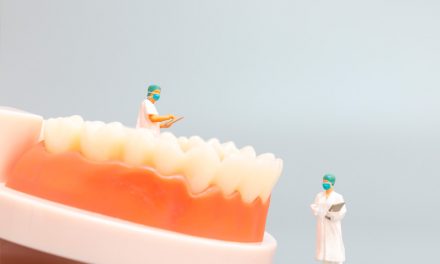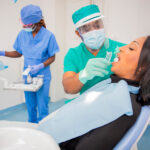Review
Author
Ludiveth Rojas González
Abstract
The irrigation of the pulp chamber and root canals is a necessary intervention during the entire canal preparation and as the last step before the definitive filling of said canals. The most commonly used traditional irrigants are Sodium Hypochlorite and Chlorhexidine Gluconate. The objective of this study was to evaluate the clinical and antimicrobial effect of irrigation with ozonated saline solution and the use of ozonated oil in periodontal abscesses as well as to analyze the periodontal responses from the clinical and radiological point of view of a number of patients who presented apical periodontitis caused by infections by microorganisms, also demonstrating a clinical comparison between the effectiveness and nobility of irrigations with ozonated saline solution against traditional toxic and irritative solutions such as Sodium Hypochlorite.
Sixteen patients of both sexes with apical periodontitis caused by deep caries, old restorations, trauma and bruxism were studied, all presented pain and inflammation in the cul-de-sac, with an age range between 40 and 65 years. Which were examined clinically and radiographically. Of the total of 16 patients to receive the treatment, they were divided into 2 groups of 8 patients each. Forming the control group who are traditionally managed; root canal treatment, sodium hypochlorite irrigation, analgesic and antibiotic. And the study group, which in turn was subdivided into 2 subgroups according to the treatment method. Canal irrigation with ozonated saline and ozonated oil was applied to six patients. Two patients received intravenous ozonated saline solution, canal irrigation with ozonated saline solution and ozonated oil.
According to the results, it was observed that the most efficient treatment was that of the study group; The subgroup treated with irrigation with ozonated saline solution, ozonated oil and intravenous ozonated saline solution, had a faster response of symptoms, followed by the subgroup treated with irrigation with ozonated saline solution and ozonated oil, and finally the control group treated traditionally.
It is concluded that treatment with ozonated saline in either of the two study groups shows unprecedented effectiveness compared to traditional methods since the treatment time is shortened, the intestinal microbiota is not altered by avoiding the use of antibiotics , as well as, it does not cause irritation in the periodontium obtaining a faster regeneration of the same.
This post is also available in:  Español (Spanish)
Español (Spanish)

